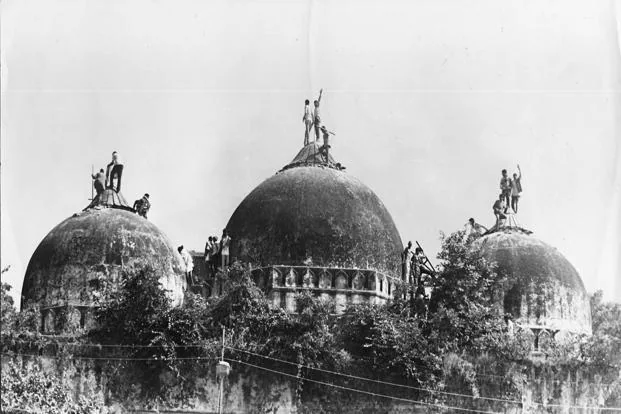By Mohd Naushad Khan
In 2019, a five-judge Constitution bench of Supreme Court led by Chief Justice Ranjan Gogoi ruled that a mosque should be constructed at a prominent site and that a trust should be formed within three months for the construction of a temple at the disputed site. The bench also directed the Centre to allocate a 5-acre plot to the Sunni Waqf Board for building a mosque.
However, community leaders and Muslim organizations have expressed varied opinions on the Supreme Court’s directive. These range from outright refusal to build a mosque as a substitute for the Babri Masjid, to suggestions of using the land for a hospital, college, or other educational institutions.
Maulana Khalid Saifullah Rahmani, President of All India Muslim Personal Law Board (AIMPLB), emphasized that a mosque’s location cannot be changed or exchanged.
“The 5-acre land for the mosque is not acceptable to us,” he stated. Nonetheless, he acknowledged that if the government has allotted the land and local people wish to use it for beneficial purposes, they are free to do so, provided it is not seen as an exchange for the Babri Masjid.
Syed Sadatullah Husaini, President of Jamaat-e-Islami Hind, echoed a similar sentiment. He noted that moving a mosque from its original place is not permissible under the Waqf Act. “Muslims have neither demanded an alternative site nor shown any interest in constructing a mosque at an alternative site,” he said. Husaini stressed that the focus should be on enforcing the law related to the protection of places of worship, as outlined in the Places of Worship Act 1991. He criticized the acceptance of claims by sub-courts despite strict Supreme Court directions, calling it a dangerous trend that needs to be halted.
The Jamiat Ulama-i-Hind (JuH), another key litigant in the Babri Masjid title suit, has also rejected the idea of accepting any form of alternative compensation, whether in land or money. The late Zafaryab Jilani, a prominent figure in the legal battle over the Ram Janmabhoomi-Babri Masjid title suit, argued that the proposed mosque in Ayodhya violates both the Waqf Act and Shariat law. According to Jilani, under the Waqf Act, mosque properties cannot be bartered or exchanged.
As these leaders and organizations emphasize, the protection and enforcement of existing laws, particularly the Places of Worship Act, is paramount. They argue that this should take precedence over the allocation of new land for a mosque, ensuring that all religious places are safeguarded according to the spirit of the law.




